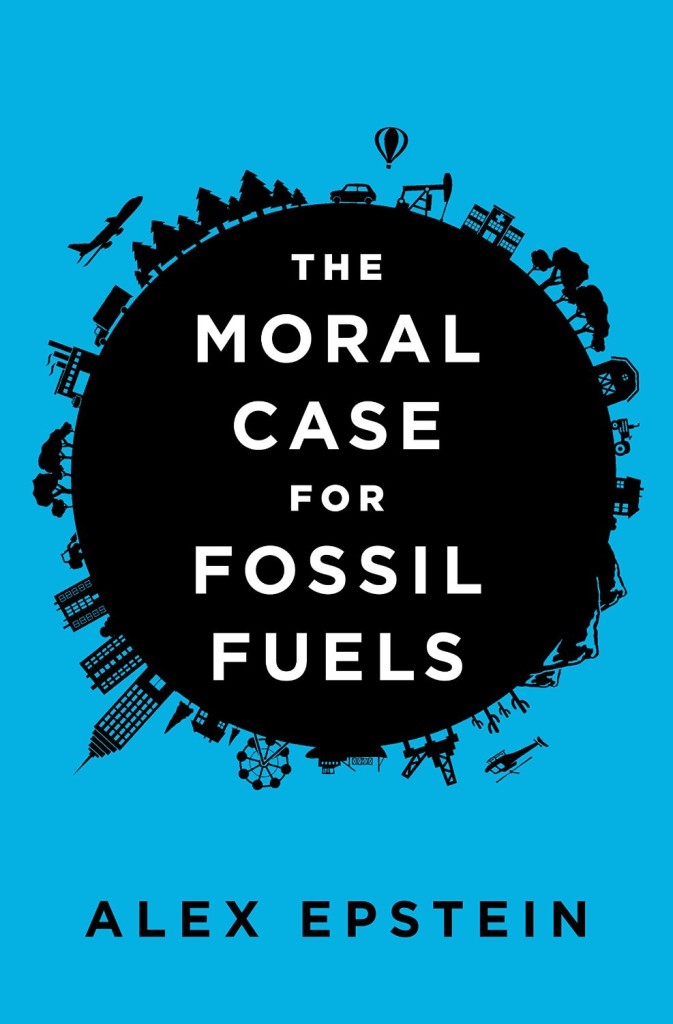On November 13, energy analyst Alex Epstein’s book, The Moral Case for Fossil Fuels, made its debut. Epstein makes a convincing case for using more natural gas, coal, and oil on moral grounds. Check out the trailer for the book here.
Here are the top 3 takeaways from The Moral Case for Fossil Fuels:
1. The Focus is on Human Well-Being
It’s clear that Epstein’s focus is on how best to reliably and affordably power the lives of billions of people, a drum that AEA has been beating since its inception. As IER has pointed out before, because of fossil fuels (natural gas, coal, and oil), people live longer, healthier lives. That’s because people use modern energy to power hospitals, to keep food and medicines from spoiling with refrigeration, and to purify water, among other vital uses.
In some ways, Moral Case reminds us a little bit of this Louis C.K. gem:
Using reliable energy has improved life in the last century. As long as human progress is the lens through which we judge natural gas, coal, and oil use, it’s clear that these energy sources have been hugely beneficial.
2. Looking at All the Costs and All the Benefits of Fossil Fuel Use
Environmentalists have a tendency to exaggerate the costs of natural gas, coal, and oil while understating the benefits. Moral Case, however, reminds us that deciding whether these energy sources are moral involves looking at all the costs of their use and all the benefits. When we look at it holistically, the benefits outweigh the costs.
To demonstrate one of the important benefits of reliable energy, here’s one of our favorite graphs from the book — as people have used more natural gas, coal, and oil and emitted more carbon dioxide, fewer people have died from climate-related causes:
Even though climate activists claim that using more CO2 will make the climate less livable, the opposite has been true over time. Reliable energy has allowed us to build a civilization that’s capable of withstanding extreme weather, so that fewer people today are dying from hurricanes, storms, and other climate-related causes.
3. Telling the Stories of People Whose Lives Have been Affected by the Need for Reliable Energy
AEA has always been a fan of telling the stories of people whose lives are affected by the the government’s energy decisions, like this story of a Craig, Colorado couple whose business was seriously threatened because of coal plant closures.
To that effect, we’re moved by the stories Epstein tells in Moral Case about people to whom energy means a lot. The book shares one particularly gut-wrenching story about a woman whose child died prematurely, because the hospital couldn’t power incubators to keep that infant alive. That’s one meaningful example, among many others, of how energy access can make or break peoples’ lives.
All in all, our hats go off to Epstein for taking on the challenge of writing such a bold book, and we’re excited to see it take off.
